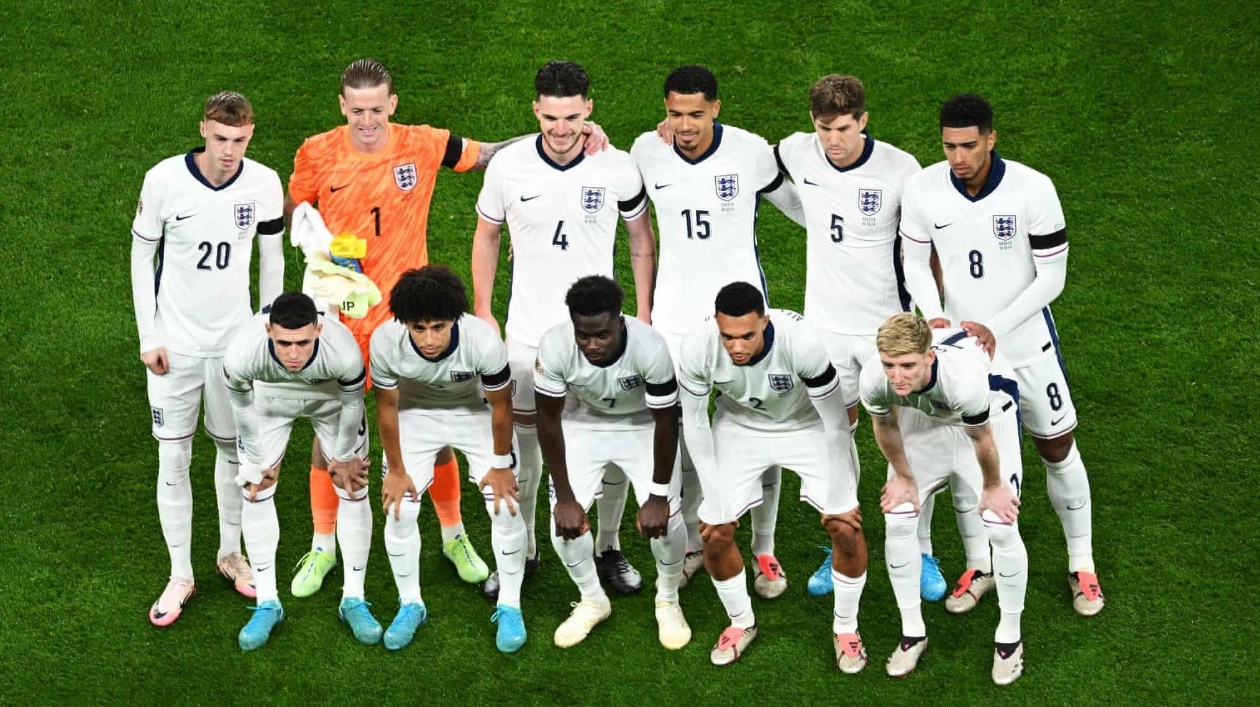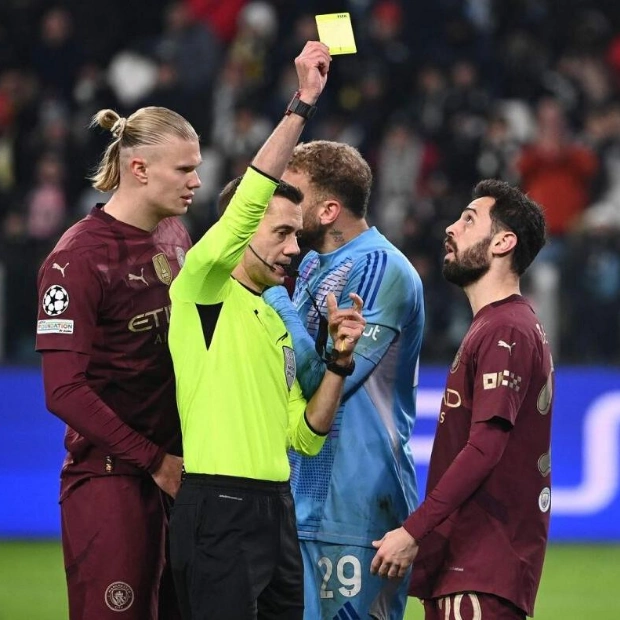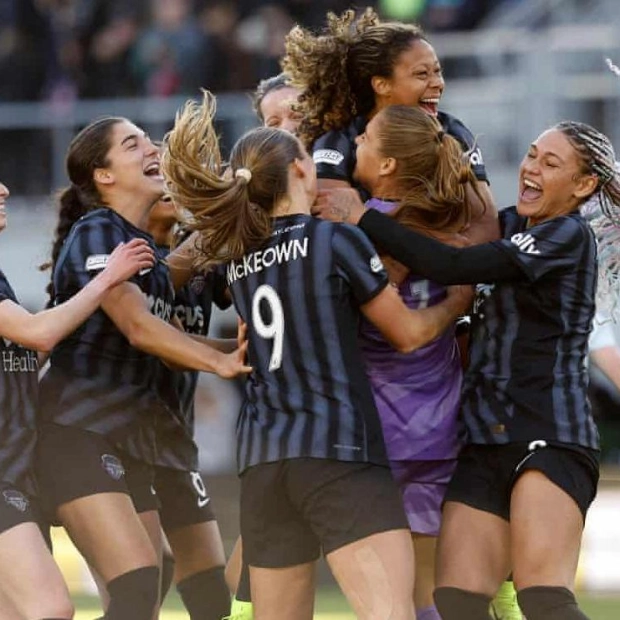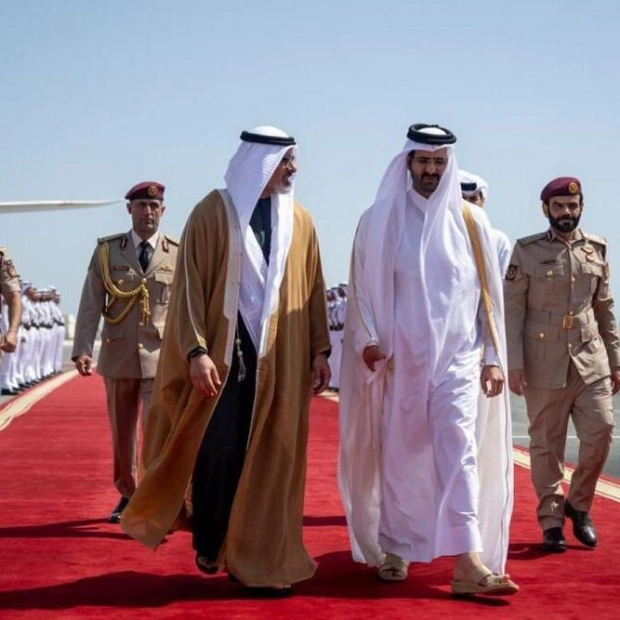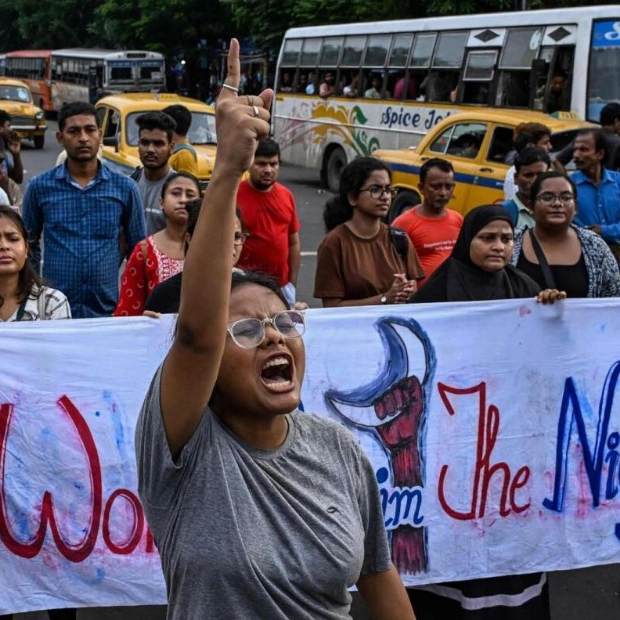There's a certain ironic timing in England's next opponent being the country consistently ranked as the happiest on earth. Finland, with its prosperity, equality, strong education system, social support, and lack of grandiose global ambitions, offers England, a perpetually troubled nation, numerous valuable life lessons. However, these lessons are likely to be ignored.
So, to Helsinki, where Lee Carsley seemingly has only three games left to salvage a job that seemed secure after two games but is now slipping away. It appears he doesn't even want the job anyway. Given England's evident disinterest in the Nations League, it's no surprise that English football is using this autumn break to delve into its internal drama, an extended 'Lee In/Lee Out' referendum campaign.
Firstly, despite the dramatic headlines following Thursday's Wembley debacle, Ivan Jovanovic's Greece side is better than their FIFA world ranking of 48 suggests. This team has been on an upward trajectory, drawing with France and outplaying Germany in a recent friendly. According to Elo ratings, their win at Wembley lifted them into the world's top 20, ahead of countries like the United States, Mexico, Sweden, and Morocco. This system rates the current Greece as a stronger side than they were at the start of Euro 2004, a tournament they famously won.
You'd still expect England to beat them. However, the expected goals metric—0.84 to 0.74 in England's favor—indicates it wasn't as one-sided as it felt, partly due to Greece's three disallowed goals. Perhaps this Greece team deserves more respect than the bad puns and imperial contempt they've received.
Secondly, England's system on Thursday wasn't poorly conceived but poorly executed. With proper planning, drilling, pressing, and intensity, combining all the good attacking players can work. Defending high as a unit, pinning the opposition in their own half, starving them of the ball, and then cutting them apart creatively is a viable tactic. However, this requires more than 20 minutes of practice.
Carsley will rightly take the blame for this terrible display, but what stood out was not just the incoherence but the lack of vigor and commitment. England's approach to the game suggests no system could have won it for them. This issue goes beyond Carsley and this autumn; it's part of a broader pattern of staid, incoherent performances over the past 12 months.
Positional indiscipline, insipid pressing, unmodulated effort, and negative body language are evident. Carsley's selection felt like an attempt to keep all the stars happy, akin to Roberto Martínez with even less authority. There's a clear deference to the biggest clubs, sidelining some players while fast-tracking others.
Long-term trends are at play. The 2018 World Cup squad had one Champions League medal and 11 Premier League titles. The current squad has eight Champions Leagues and 27 league titles. Higher standards bring greater expectations and bigger egos, altering the calculus of international football's place in their legacy.
For years, England's focus has been on keeping these players happy, with rewards and prestige increasingly skewed towards club football. This was one of Southgate's achievements, but even he seemed lost, desperately trying to keep the circus on the road. When it works, stars step up at crucial moments. But effort becomes contingent on circumstances, leading to arrogance and caprice.
An old Finnish proverb says, 'happiness is a place between scarcity and abundance.' English football has enjoyed an abundance of talent but a scarcity of identity. They need a 2016-style cultural reboot, a coach who can reassert control, reconnect the reality of playing for England with the idea of playing for England, and instill a sense of mission and purpose beyond just winning.
Carsley likely isn't that coach. But who is? A big foreign coach like Thomas Tuchel might bring authority but not cultural change. Eddie Howe, Graham Potter, Steve Cooper: all good but flawed. The coach England needs may not exist. It's called the impossible job for a reason.
